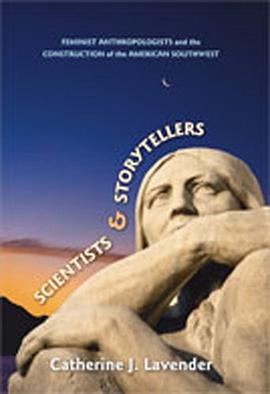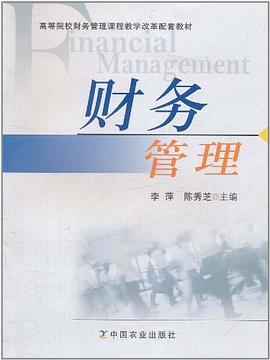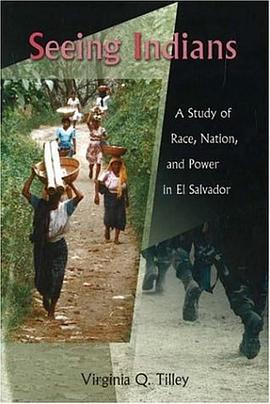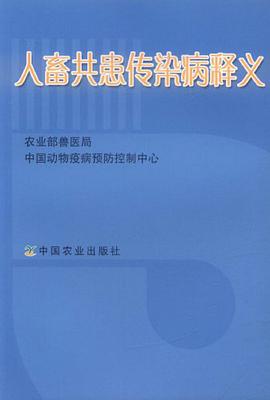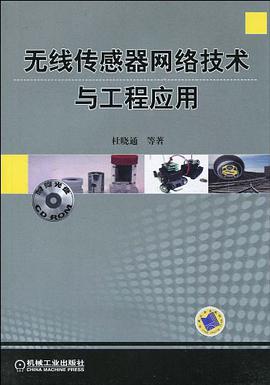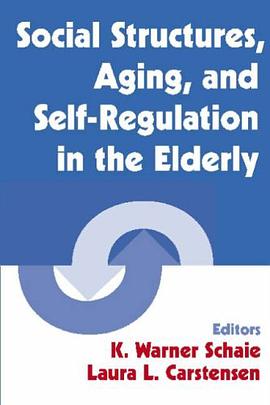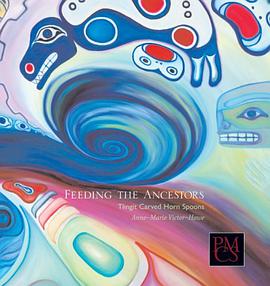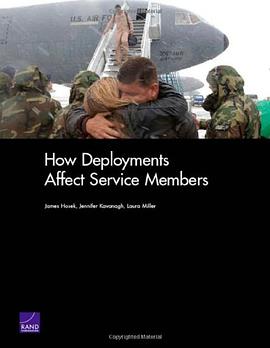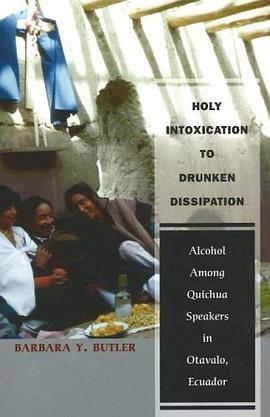

具體描述
On the eve of the Spanish conquest of the Inca Empire, peoples throughout the Andes brewed beer from corn and other grains, believing that this alcoholic beverage, called asua, was a gift from the gods, a drink possessing the power to mediate between the human and divine. Consuming asua to intoxication was a sacred tradition that humans and spirits shared, creating reciprocal joy and ties of mutual obligation. When Butler began research in Huaycopungo, Ecuador, in 1977, ceremonial drinking was causing hardship for these Quichua-speaking people. Then, in 1987, a devastating earthquake was interpreted as a message from God to end the ritual obligation to get drunk. "Holy Intoxication to Drunken Dissipation" examines how the defense of drinking and getting drunk ended abruptly as the people of Otavalo re-evaluated their traditional religious life and their relationship with the wider Ecuadorian society, and defended a renewed traditional indigenous culture with increasing pride. This account presents both the local peopleas views of their struggles and a more general analysis of the factors involved, and concludes with thoughts about how their culture will adapt in the future.
著者簡介
圖書目錄
讀後感
評分
評分
評分
評分
用戶評價
相關圖書
本站所有內容均為互聯網搜索引擎提供的公開搜索信息,本站不存儲任何數據與內容,任何內容與數據均與本站無關,如有需要請聯繫相關搜索引擎包括但不限於百度,google,bing,sogou 等
© 2025 book.quotespace.org All Rights Reserved. 小美書屋 版权所有

